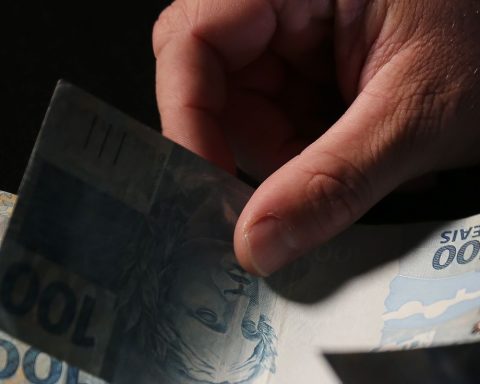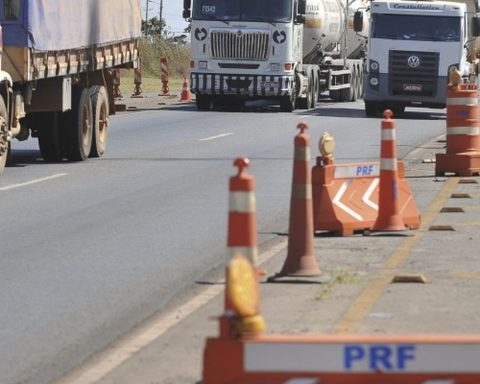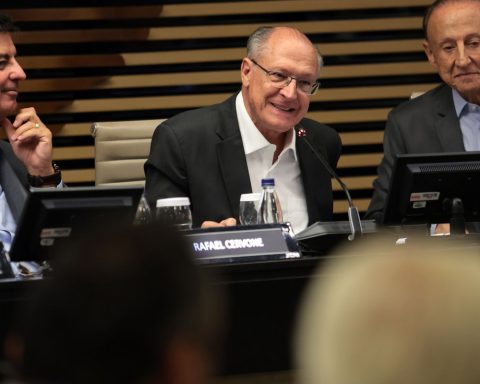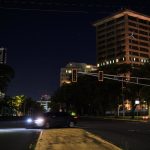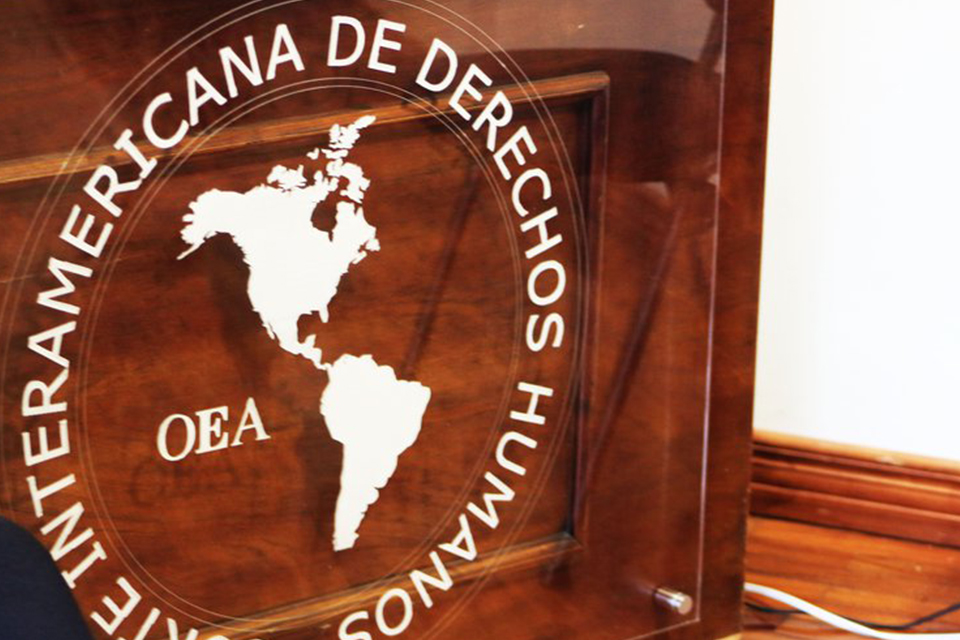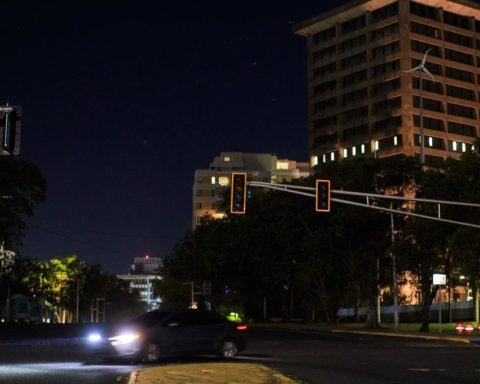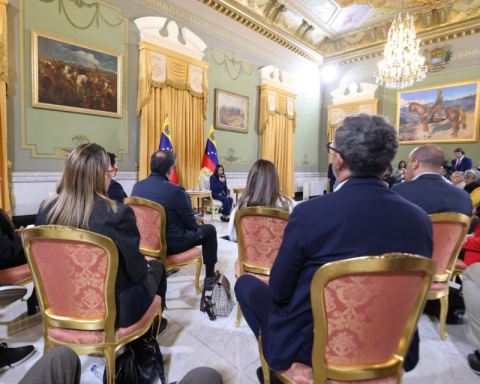Black women and social movements held a march on Thursday night (25) in the center of São Paulo, against racism and in defense of the lives of the black population. The Black Women’s March takes place every July 25, on Latin American and Caribbean Black Women’s Day. 
“Even under progressive governments, our lives continue to be neglected in the dynamics of governance, which kills us to guarantee the profits of agribusiness and capital land grabbers,” says the text of the manifesto read by a group of women at the beginning of the act, in Praça da República.
The document also states that black women are the majority of victims of femicide and police violence. “It is high time to put an end to this,” the text adds.
The event was attended by several social movements, including Popular Unity (UP), the Unified Black Movement (MNU), Craco Resiste, Afronte! Youth Without Fear and the March of Black Women of São Paulo.
“Every year we focus on the political situation. This year, for example, the rate of femicide and the number of women killed has increased. On the other hand, we see no investment in the safety net for these women. Employment and income, education for their children, shelters for women who are victims of violence, 24-hour women’s police stations,” highlighted the state deputy of São Paulo, Monica Seixas (PSOL), from the Pretas Movement.
“This year, the Women’s March is not ashamed to call for legal abortion. Black women are the majority of those who die trying to have an illegal abortion. For the right to give birth whenever we want, for sexual education, for the widespread distribution of contraceptives. And legal abortion so that we don’t die in illegal clinics is what we are asking for today, that’s why we are marching today,” she said.
Bill 1904/24 is currently being processed in the National Congress, which equates abortion after 22 weeks of gestation to homicideo, increasing the maximum sentence for those who carry out the procedure from ten to 20 years. The proposal has been the target of criticism from civil society organizations.
The demonstration in São Paulo is part of Black Women’s July, a calendar of activities organized by the Articulation of Brazilian Black Women’s Organizations (AMNB), the Network of Black Women of the Northeast and the Network Fulanas – Black Women of the Brazilian Amazon. The action proposes the discussion and articulation of a project of historical reparation for the damages caused by colonialism and the enslavement of black people.


